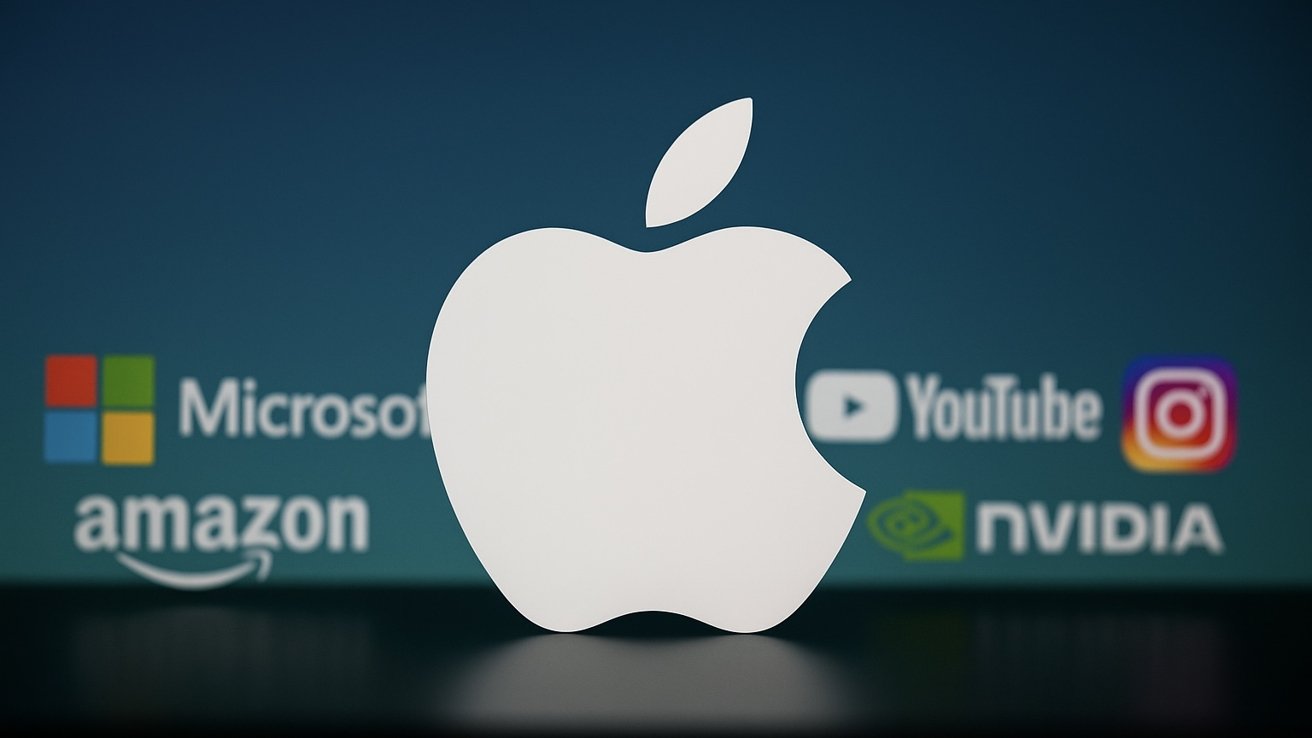In 2025, Apple has once again secured its position as the world’s most valuable brand, marking the twelfth consecutive year at the top of Interbrand’s Best Global Brands report. Despite a 4% decrease from the previous year, Apple’s brand value stands at an impressive $470.9 billion, surpassing its closest competitor, Microsoft, by over $80 billion. This enduring dominance underscores Apple’s consistent ability to foster trust and deliver innovative design, even as the tech industry increasingly gravitates towards artificial intelligence (AI) advancements.
Interbrand’s 2025 Rankings:
1. Apple: $470.9 billion
2. Microsoft: $388.5 billion
3. Amazon: $319.9 billion
4. Google: $317.1 billion
The cumulative value of the top 100 brands has risen by 4.4%, reaching a total of $3.6 trillion. This growth reflects the increasing influence of AI in the market. However, Apple’s slight decline is viewed as a temporary pause rather than a reversal of its longstanding success. Interbrand describes Apple as a brand above the clouds, highlighting its unique position in maintaining autonomy and not being solely driven by algorithmic trends.
Apple’s Ecosystem and Consumer Loyalty
Apple’s strength lies not only in its flagship products like the iPhone, Mac, and Apple Watch but also in its cohesive ecosystem that seamlessly integrates hardware, software, and services. This integration fosters a user experience that is both intuitive and reliable, cultivating a loyal customer base. In an era where technology often fragments consumer attention, Apple’s ability to provide a unified experience sets it apart.
The Rise of AI and Its Impact on Brand Dynamics
The year 2025 marks the beginning of what Interbrand terms agentic commerce, a paradigm where AI agents autonomously handle tasks such as research, comparison, and purchasing decisions. This shift compresses the traditional customer journey into mere seconds, with algorithms playing a pivotal role in guiding consumer choices. In this landscape, brands that are not deemed indispensable risk becoming obsolete. Interbrand cautions, If your brand isn’t indispensable, it’s likely to become disposable.
AI serves as an accelerator of existing market trends, hastening the ascent or decline of brands. Apple’s unique position as a gatekeeper of consumer experience is bolstered by its commitment to innovation balanced with restraint. While competitors may chase rapid advancements and flashy features, Apple builds trust through its emphasis on control, privacy, and consistency. These values encourage consumers to remain within its ecosystem, even when immediate technological breakthroughs are not apparent.
Role of Brand Index and Apple’s Strategic Edge
Interbrand’s Role of Brand Index (RBI) measures the extent to which a brand influences purchasing decisions. A one-point increase in RBI correlates with an average 2.3% rise in share price. Apple’s high RBI indicates that consumers are not merely purchasing products but are investing in what the brand represents. Interbrand suggests that future market leaders will be those who design experiences catering to both bots and beings. Apple’s products, known for their tight integration and seamless data handling, appeal to machine efficiency while maintaining a human-centric focus through emotion, design, and user experience.
Contextualizing Brand Value Amidst AI Trends
Interbrand’s 2025 report highlights a shift towards companies that develop or scale AI technologies rather than merely utilizing them. NVIDIA, for instance, experienced a 116% increase in brand value, reaching $43.2 billion—the largest surge in the report’s history. Platforms like YouTube, Instagram, and Netflix also saw significant growth, reflecting the cultural impact of algorithm-driven engagement.
Apple’s modest decline is not indicative of failure but rather a sign of maturity. The brand’s growth has stabilized because it has already maximized its reach and significance. Apple leads not through constant novelty but through enduring relevance. Maintaining this position amidst industry upheavals is a testament to its resilience.
Apple’s influence extends beyond consumer products. Its privacy policies set benchmarks for regulators, its design language influences competitors, and its hardware decisions impact entire supply chains. This pervasive influence ensures that Apple remains at the forefront, even as new trends like AI capture the industry’s attention.
Apple’s Performance in the PC and Smartphone Markets
In the first quarter of 2025, Apple’s Mac shipments rose to 5.5 million units, up from 4.8 million in the same period of 2024, capturing an 8.7% share of the global PC market. This growth is notable, especially as the overall market expanded by just 4.9%. Apple’s success is attributed to the demand for AI-ready hardware and its strong presence in the premium segment.
In the smartphone sector, Apple’s iPhone 16 led global sales in the first quarter of 2025, marking a return to the top spot for the base model after a two-year hiatus. The company secured five of Counterpoint Research’s top 10 rankings, maintaining momentum despite market shifts. The iPhone 16’s success was particularly pronounced in regions like Japan, the Middle East, and Africa, where favorable economic conditions and strategic pricing enhanced its appeal.
Conclusion
Apple’s sustained leadership in global brand rankings amidst the tech industry’s rapid pivot towards AI underscores the enduring value of trust, design excellence, and a cohesive ecosystem. While competitors may chase the latest technological trends, Apple’s focus on delivering a seamless and secure user experience continues to resonate with consumers worldwide.



